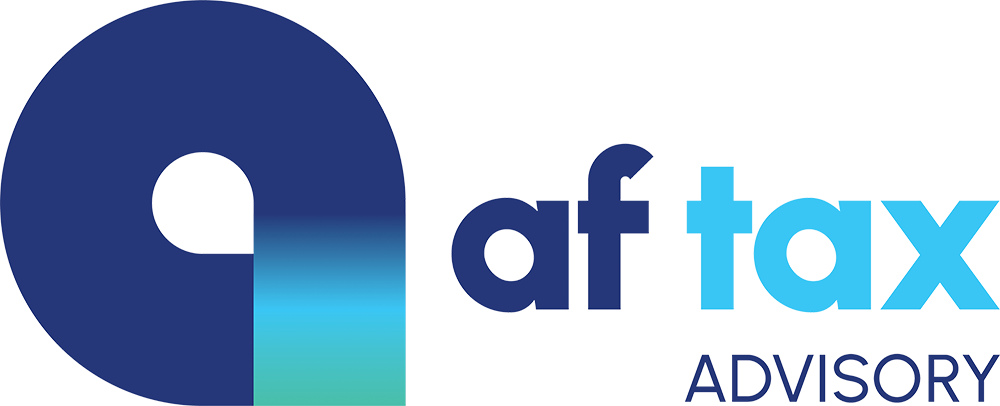How To Choose Small Business Accounting Software
Where to start
Deciding on small business accounting software for your small business can be a difficult decision. Rather than do a deep dive into all the available functions and features in Xero, Quickbooks Online, MYOB and Reckon, I will get you to think about what you need your small business accounting system, or add on app, to do for you. For an in depth comparison of popular small business accounting software, Canstars 2021 review Best-Rated Accounting Software is a great resource to get you started. You can read it here Canstar 2021 Best Rated Accounting Software Review.
Important Small Business Accounting System Functions
Some of the major functions of an accounting system include sales, inventory, payroll, and projects or job management. If you’re business is:
· a retail store, online or a bricks and mortar store, then tracking inventory is your priority
· a high volume service business, then invoice and accounts receivable management is your priority
· a service business then time sheets or tracking billable hours is your priority
· an employer then payroll will also be on your priority list
· a business that undertake project work such as architecture or building and construction, then you would be looking for software with the capability of tracking project costs and revenue.
All of the popular small business accounting software currently available has a very capable set of core modules. Where things get a little tricky, is where you need higher level functions in a specific area to support your small business.
Accounting System Add On Apps
Small businesses today are very fortunate that the technology available to us has created an abundance of add on accounting software options. Many of the modern online accounting systems such as Xero and QuickBooks Online have a large ecosystem of apps that integrate with their accounting systems. These apps allow us to add specific functionality to enhance our accounting systems. For example, Deputy is a powerful employee scheduling app that integrates with QuickBooks and Xero’s payroll modules. This is a great app stack for many hospitality businesses where they have multiple locations, many employees and lots of daily shifts to manage. Xero Projects is an add on specific to Xero which will support a business to track costs and provide reporting on how profitable each project has been. These insights at the job level enable a deeper understanding of your business from which future decisions can be made, such as pricing and resourcing future jobs.
Getting Paid Just Became Easier
One of the most important issues to consider when choosing a small business accounting system is whether it has an online payment function or integration on your invoices. Chasing customers to get paid or using debt collectors isn’t an ideal situation for any small business. If your small business sends out lots of invoices, you will know how difficult it can be to manage and reconcile customer payments and how frustrating it can be to chase delinquent payments. By utilising a payment integration on your invoices, you can simplify the reconciliation of customer payments, as this becomes automated, and you can increase the speed that you can get paid as your invoices will have a link to your payment gateway. Services such as PayPal and Stripe integrate well with QuickBooks Online and Xero. Getting paid should always be high on your selection criteria!
Summary
To get the most out of your small business accounting software start by asking what is the most important task you want it to do for you, and then start looking for the best fit solution. Just remember that there will be compromises somewhere as not all systems will be a perfect fit. Just don’t compromise on your core business needs.
